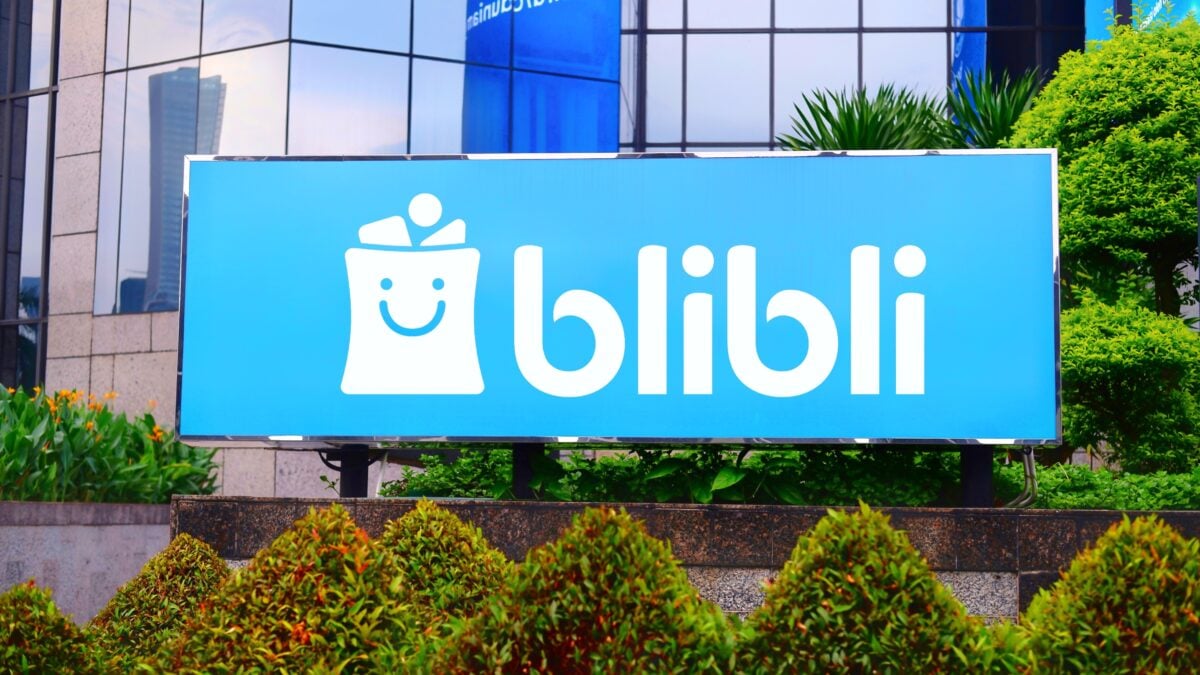TLDRs;
- Blibli CEO Kusumo Martanto questioned in Indonesia’s Chromebook corruption probe tied to the education ministry’s digitalization program.
- Prosecutors investigating inflated procurement of 1.2 million laptops, with estimated state losses of US$120 million.
- Case highlights systemic corruption in education, where up to 50% of funds historically fail to reach students.
- High-profile tech leaders, including former GoTo and Bukalapak executives, have been summoned in the widening investigation.
Indonesia’s widening corruption probe into the Ministry of Education’s Chromebook procurement has reached the upper echelons of the tech sector, with prosecutors questioning Kusumo Martanto, CEO of ecommerce giant Blibli, as a witness.
The investigation, which centers on the digitalization of education between 2019 and 2022, is uncovering deep ties between government modernization programs and allegations of inflated procurement deals.
Blibli, a subsidiary of the powerful Djarum Group and publicly listed since 2022, has not been named a suspect.
Multiple Executives Under Scrutiny
Martanto was one of several industry figures questioned this week, alongside a director of PT Tritunggal Jaya Komputindo, a sales manager from PT Aneka Sakti Bakti, and a consultant specialist from PT Tera Data Indonesia Tbk.
The Attorney General’s Office clarified that the questioning was part of evidence collection, with the main suspect in the case identified only as MUL. Authorities are seeking to document how procurement decisions favored Google’s Chromebooks over Windows devices, despite internal recommendations suggesting otherwise.
The program, intended to distribute 1.2 million laptops to classrooms nationwide, quickly became a lightning rod for criticism when irregularities were exposed. By May 2025, state auditors estimated that the scandal had cost Indonesia around 1.98 trillion rupiah (US$120 million) in losses, nearly a fifth of the program’s total budget.
Corruption in Education
The scandal fits a well-documented pattern in Indonesia’s education sector. Reports from Indonesia Corruption Watch suggest that historically 40–50% of the education budget never reached students, siphoned off through procurement fraud and inflated contracts.
By 2017, the sector ranked as the country’s third most corruption-prone, with 53 recorded cases amounting to Rp 81.8 billion in state losses. Efforts to digitize classrooms and modernize learning, while ambitious, have created new avenues for misappropriation.
This scandal underscores how modernization programs, rather than erasing old problems, can spawn fresh opportunities for systemic corruption.
Tech and Politics: A Strained Relationship
At the center of the Chromebook probe is Nadiem Makarim, the Gojek co-founder who became Education Minister in 2019. Though not charged, Makarim has been questioned and placed under a six-month travel ban.
Investigators allege that a private WhatsApp group called “Mas Menteri Core Team” played a pivotal role in shaping early procurement decisions, with participants allegedly steering purchases toward Chromebooks. Critics say the case highlights the growing friction between Indonesia’s booming tech industry and government oversight.
Adding to the controversy, prosecutors have also summoned former executives from GoTo, Tokopedia, Bukalapak, and even a partner manager from Google Indonesia. The breadth of individuals involved shows how deeply embedded tech leaders have become in national policymaking, and how vulnerable such ties can be when corruption investigations arise.
Broader Implications for Business and Governance
For Blibli, the reputational risks are significant. While Martanto has not been accused of wrongdoing, the company’s association with the probe could unsettle investors and dampen its image as a trusted ecommerce leader.
The case also reflects larger structural issues. Indonesia’s anti-corruption body, the KPK, once enjoyed a near-legendary 100% conviction rate, helping lift the country’s global ranking in Transparency International’s index. Yet, the involvement of high-profile executives and corporations tests the resilience of Indonesia’s anti-graft institutions.







